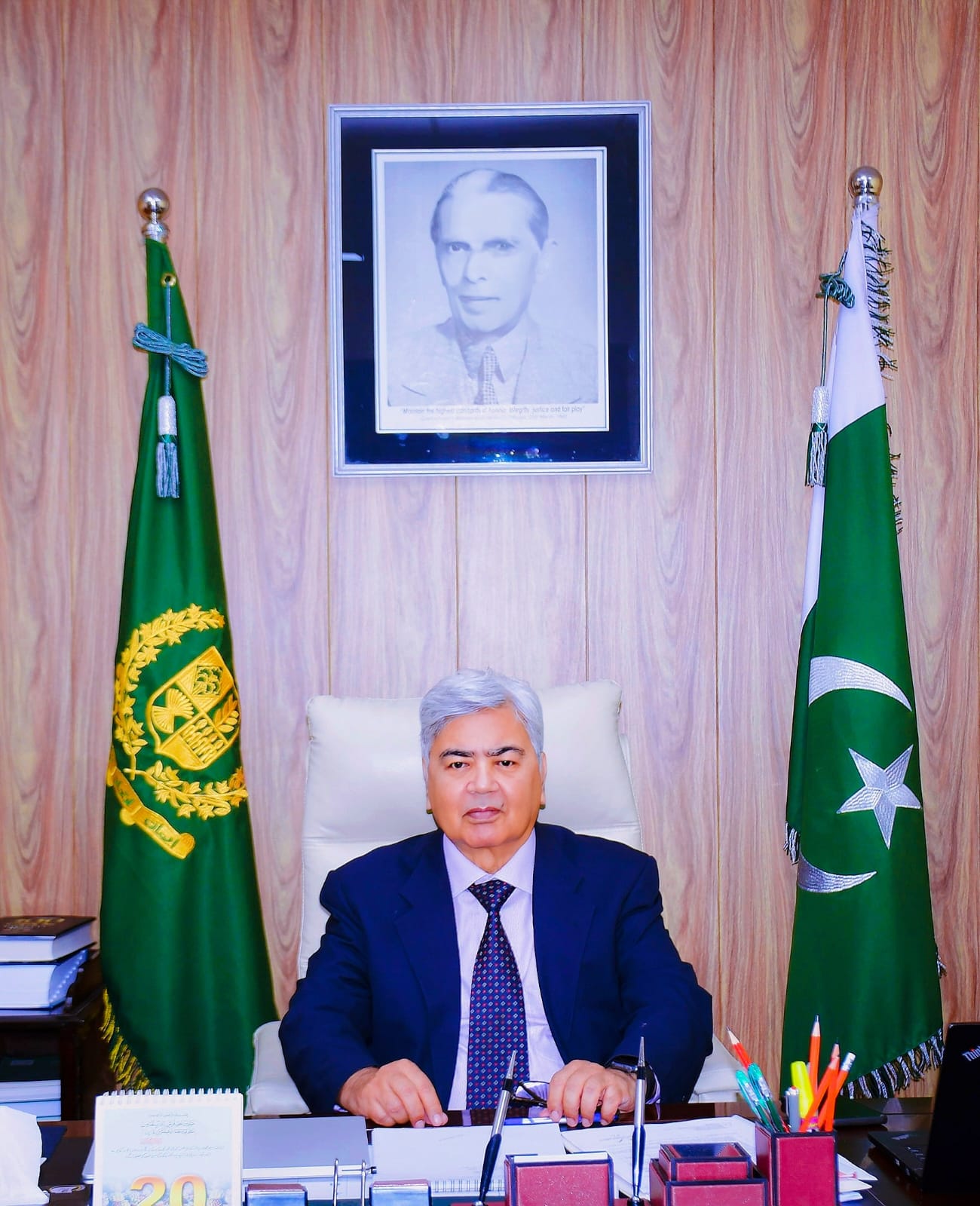ISLAMABAD, Feb 1 (APP): Car
etaker Federal Minister for National Food Security and Research Dr Kausa
r Abdullah Malik on Thursday highlighted the challenges posed by climate change and food security amidst the growing world population.
“Integration of Artificial Intelligence in agri
culture is not just an option but it is a strategic imperative to address these challenges head-on,” he added.
The minister was addressing a conference on ‘Applications of Artificial Intelligence in Agri
culture’, jointly organized by the Higher Education Commission (HEC) and the Ministry of National Food Security and Research at HEC Secretariat.
Researchers, agri
cultural scientists, faculty members and students from agri
cultural universities participated in the conference which comprised two technical sessions entitled “Application of Artificial Intelligence (AI) in Agri
culture”, “Application of AI for Food Security” and a panel discussion on “Priorities for Policy, Ownership and Resources of AI in Agri
culture and Food Security”.
The minister maintained that accumulation of data and utilizing it was the extreme importance to mark remarkable growth in the agri
culture sector which was the largest industry of the country.
He asserted that the academic community had a great role in the development of agri
culture in Pakistan and the work of all the universities in this sphere was applicable to the sector.
He affirmed that Artificial Intelligence had a huge contribution to the cause of a sustainable agri
culture sector of the country.
“Artificial Intelligence is a beacon of hope in transforming the agri
culture landscape of Pakistan,” he said, assuring that the government was committed to leveraging cutting-edge technologies for the advancement of agri
culture in the country.
The minister emphasized to focus on technological needs of small-scale farmers for being major contributors to food security and export earnings.
HEC Chairman Dr Mukhtar Ahmed, in his remarks, acknowledged the important role of universities in keeping Pakistan considerably away from the hazards of food scarcity.
He, however, identified administrative issues as a grave challenge in enhancing collaborat
ion among the academia, agri
culture sector experts, farmers, and the national entities working on the development of agri
culture sector.
He stressed the need for consolidated efforts of HEC, Ministry of National Food Security, Pakistan Academy of Sciences, Ministry of Climate Change and Environmental Coordination, Pakistan Space & Upper Atmosphere Research Commission (SUPARCO), and other relevant stakeholders.
Dr Mukhtar Ahmed underlined that the HEC was encouraging the universities to keep their research focus in line with the impending national challenges.
He informed the audience that the HEC was heftily spending on development of ICT infrastructure in the higher education institutions. It had established two data centers in Lahore and Karachi while it was committed to employing cloud computing for improved efficiency, he added.
